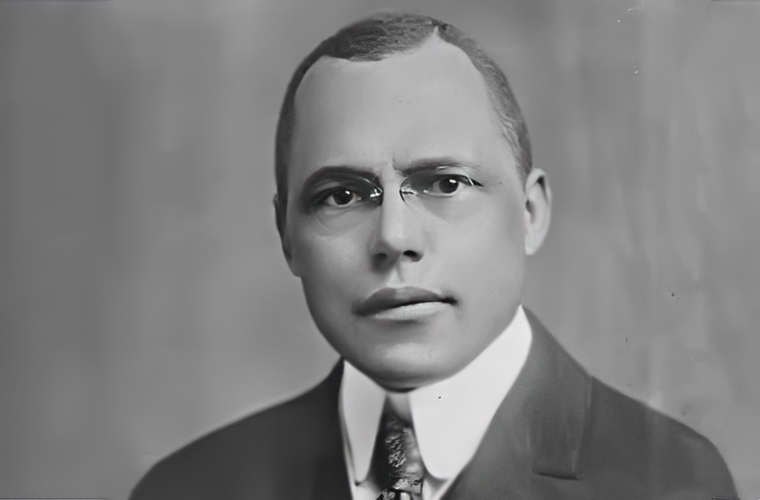Emmett J. Scott was a prominent figure in African American history, known for his tireless efforts in advancing the rights and opportunities of black Americans during the early 20th century. Born in Houston, Texas in 1873, Scott faced many challenges and obstacles throughout his life, but his determination and perseverance helped him become one of the most influential African American leaders of his time.
Scott’s early years were marked by poverty and discrimination. His parents were former slaves, and he himself was forced to work as a janitor and laborer to support his family. Despite these challenges, Scott was determined to receive an education, and he eventually earned a degree from Wiley College in Marshall, Texas. After college, Scott began his career as a journalist, working for several African American newspapers across the country. In 1908, he was appointed as the personal secretary to Booker T. Washington, the founder of the Tuskegee Institute and one of the most prominent African American leaders of his time.
As Washington’s secretary, Scott played a key role in advancing the cause of African American education and economic empowerment. He helped to organize the National Negro Business League, which promoted black entrepreneurship and economic self-sufficiency. He also worked closely with Washington to secure funding for the Tuskegee Institute and other historically black colleges and universities. Scott’s work with Washington brought him into contact with many of the most important political and social leaders of his time, including President Theodore Roosevelt and industrialist Andrew Carnegie. He used these connections to advocate for greater opportunities for African Americans, and his efforts helped to pave the way for future generations of black leaders.
In addition to his work as a journalist and political activist, Scott was also a prolific author and historian. He wrote several books on African American history and culture, including “Booker T. Washington: Builder of a Civilization” and “The American Negro in the World War.” Scott’s contributions to African American history cannot be overstated. He was a pioneer in the fight for civil rights and social justice, and his legacy continues to inspire new generations of leaders today. Despite facing many obstacles throughout his life, he remained committed to his ideals and worked tirelessly to create a better future for all Americans.
1902
In recognition of his achievements, Scott received numerous honors and awards during his lifetime, including an honorary degree from Howard University and induction into the Hall of Fame for Great Americans. Today, he is remembered as one of the most important figures in African American history, a true pioneer who helped pave the way for a more just and equitable society.

